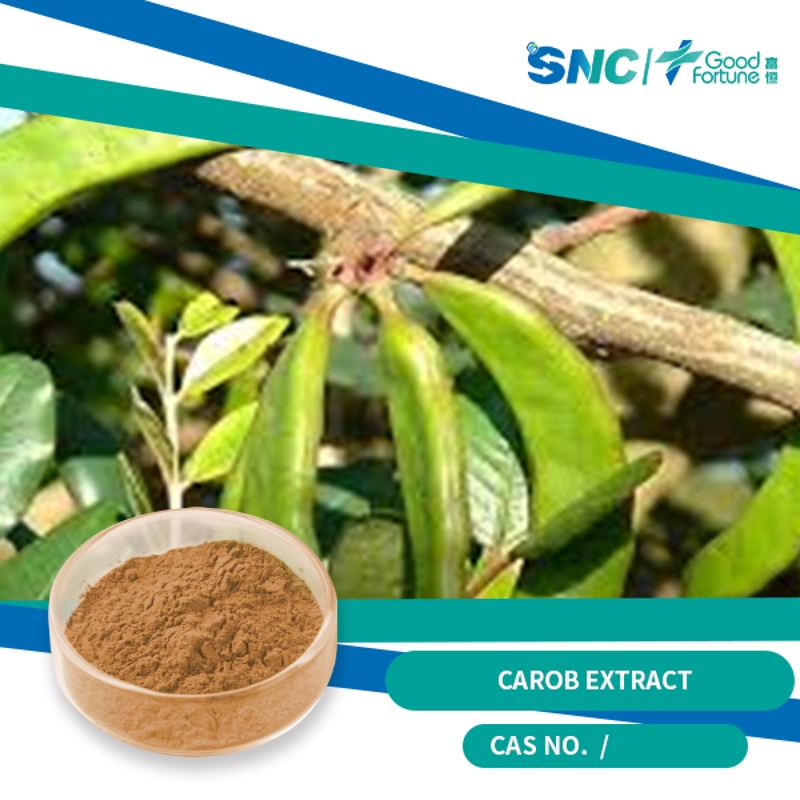Inhibitory effect of ethanol extract from peanut root on BPH and expression of Bcl-2 and Bax protein in rats
-
Last Update: 2014-07-28
-
Source: Internet
-
Author: User
Search more information of high quality chemicals, good prices and reliable suppliers, visit
www.echemi.com
Recently, researchers from Zhaoling District People's Hospital of Luohe City, Henan Province published a paper to explore the inhibitory effect of peanut root ethanol extract on prostate hyperplasia induced by testosterone propionate (TP) in immature rats and its mechanism It is suggested that the ethanol extract of peanut root has a good inhibitory effect on BPH, and its mechanism may be to promote the apoptosis of BPH cells by regulating the balance between Bcl-2 and Bax protein of apoptosis gene This article was published in the 11th issue of Chongqing Medical Journal in 2014 60 SD rats were randomly divided into control group, model group and peanut root ethanol extract high, medium and low dose treatment group, in which the control group rats were fed normally without drugs; the model group and each treatment group were injected subcutaneously with TP 5 ml · kg-1 · D-1, the high, middle and low dose groups were given different doses of peanut root ethanol extract (10 ml · kg-1 · D-1, 5 ml · kg-1 · D-1, 1 ml · kg-1 · D-1, respectively) by gavage for 14 days The prostate gland, seminal vesicle and testis were taken and weighed on the 15th day The gland index [gland wet mass (mg) / body mass (g)] was calculated The expression of Bcl-2 and Bax protein in prostate tissue was detected by immunohistochemistry Compared with the model group, there was significant difference in prostate index between the two groups (P0.05) There was no significant difference in testicular index, seminal vesicle index and body mass between the high, middle and low dose group and the model group (P > 0.05) Compared with the model group, the expression rate of Bcl-2 and Bax protein in the high, middle and low dose group of peanut root ethanol extract was statistically significant (P0.05).
This article is an English version of an article which is originally in the Chinese language on echemi.com and is provided for information purposes only.
This website makes no representation or warranty of any kind, either expressed or implied, as to the accuracy, completeness ownership or reliability of
the article or any translations thereof. If you have any concerns or complaints relating to the article, please send an email, providing a detailed
description of the concern or complaint, to
service@echemi.com. A staff member will contact you within 5 working days. Once verified, infringing content
will be removed immediately.







